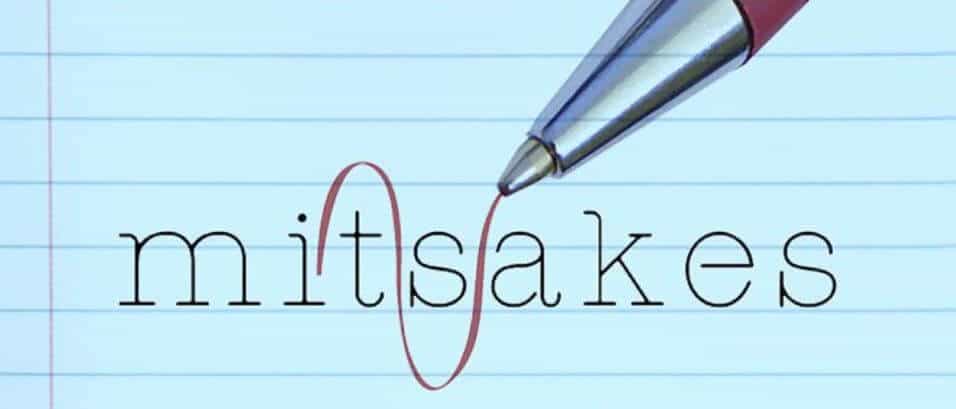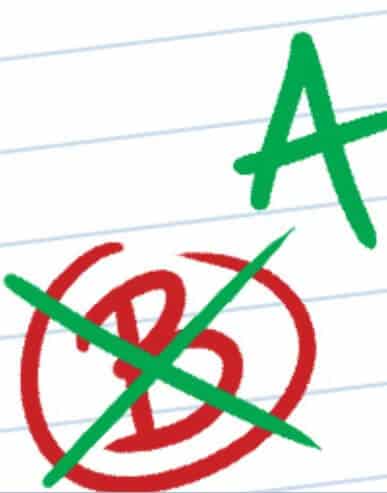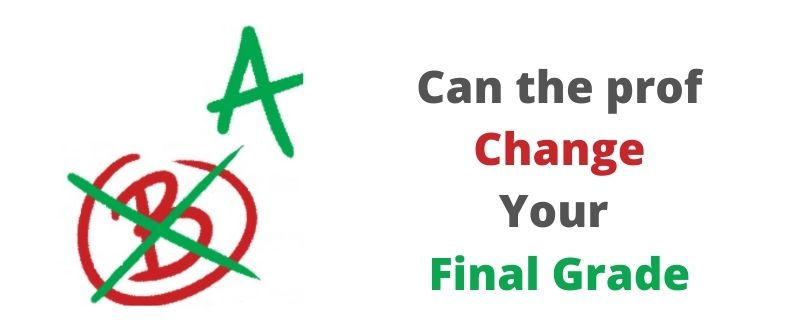A Final grade is a grade assigned to you by your professor at the end of an academic term and semester. It shows your performance in a certain unit or subject for the whole academic term.
Changing the final grade occurs very rarely because most professors make sure that they check for any mistakes and consult with their students for any complaints before submitting the final grades.
A professor can change a final grade of a student if it had been erroneously awarded or when genuine corrections are made that significantly affect the final score.
It is legally allowed for lectures to change grades but with compelling reasons. However, such changes must be guided by the policies and guidelines of the university.
Different educational institutions have diverse guidelines that make a lecturer change your final grade. As a result, it may prove to be hard for professors to change the final grades.
When the final grades are submitted to higher education authorities such as the district education organizations for comparison with other schools in the district, the process may be very hard and the district organization may prohibit any changes to the results submitted.
Reasons why a Professor can change your Final Grade
Reasons why a professor can change your final grade vary from institution to institution. All reasons should be legitimate and allowed by the university. These reasons include:
1. Mistake in the Grade Calculation
In case of errors in grade calculation, the professor can change the final grade. When the student presents the marks they scored in a test that the professor recorded wrongly, the professor changes the previously recorded grade to the new one.
2. Marking Mistakes
A professor can change the final grade of a student if he realizes that he made marking mistakes. If students feel that the correct answers in their papers were marked wrongly, they can submit them to the professor for remarking.

If the professor reviews the answers and finds that they are correct they can change the final grade of the students.
If the professor realizes that there are questions that he marked wrongly he can ask for the students to return their papers for remarking and hence change in the previous recorded final grades.
3. Lost papers that were recovered
If the professor misplaces a student’s paper, they are likely to submit no marks as the final grade of the student. The marks can be labeled as incomplete if one of the many papers involved in counting the final grade is missing.
If the student claims he did the paper and the professor goes on to search for the paper and finds it, the professor marks it and changes the grade of the student.
4. Changing from incomplete grades to final
Incomplete grades are grades given to the students when factors beyond the student’s control prevented him or her from completing the semester or academic term.
These factors may include illness and unavoidable functions. When the student is back and sits for the examination, the results that were recorded as incomplete can be changed to complete.
5. Reversal of unfair late submission penalties

Late submissions are restricted by many institutions. A paper submitted late is not marked mostly. In case causes of late submissions are accepted by the institution the professor can mark the paper and grade the student.
It is the institution that tells the professor to remark the paper after proving that the student’s reasons for late submission of a paper are allowed by the institution. The student’s final grade awarded earlier is changed.
6. If plagiarism is noticed after grading
Plagiarism is prohibited in all educational institutions. If the final grade is recorded and the professor finds out that students copied the work, he or she can change the grade previously recorded.
Additionally, the professor forwards the names of the students to the disciplinary committee of the school for further penalties.
7. After successfully Remarking the papers
Several schools allow students to forward their papers for remarking if they feel that they deserved to score more than what they have. Remarking is done by different professors.
The new professor can either change the grade to a higher one or even a lower one if he finds more mistakes in the student’s work. The changes are forwarded to the professors who tutor the student for recording of the changed grade.
Causes of Grade Errors when marking Assignments
Professors are also humans. They can make mistakes. You might mistakenly think that the professor purposely is failing you, but the truth is far from it. It could just be normal errors.
The following are the causes of grade errors in assignments.
Typing errors
This mainly occurs when the number of students doing the assignment is many.
Marking errors
This occurs if the professor marks the assignment wrongly. Professors may be handling different topics in different classes and may mark papers wrongly sometimes.

Grade calculation errors
Where several papers are combined for a final grade, a professor may miscalculate the marks. This is raised by the student when they calculate their marks and they don’t match with what the professor recorded.
Misplacing papers
Professors may misplace papers and therefore not record the grade of the student using the available papers.
How to convince a Professor to change the Grade
The generation of students in universities today are concerned more with the grades they get and mostly find themselves trying to convince professors to change their final grades.
The following are some of the steps students should use to handle cases where they feel that the grade they got did not reflect their performance:

- Determine whether you have the basis to ask your professor for a grade review. Do this by making sure that you followed the instructions in the paper and syllabus correctly and making sure that you read the professor’s comments carefully.
- Asking for an appointment with the professor where you will forward your complaints on the paper and discuss how you got the grade.
- Prepare for the meeting. You should be able to prove to the professor that you need your marks to be reviewed and not just making up information.
- During the meeting with the professor be professional and courteous. Do not be accusatory or compare what you wrote with what other students wrote too. Make sure you don’t use claims too.
- Emphasize to the professor that you want to catch any problems before the next paper is due.
- Highlight all your areas of concern and ask the professor what went wrong in those areas. If you were wrong or right the professor is likely to consider you.
- If your encounter fails with the professor and you feel that the professor is unfair to you, you can appeal to the grades committee of your institution.
Steps to contact a Professor about Grade Errors
The first process is booking an appointment with the professor. The professor then informs you of the day that he will be handling issues on marks.
Before the meeting, prepare and have facts about all your complaints. During the meeting use polite language. Do not claim or make comparisons.
If the professor requests you to use an email use your full name and make a polite ask. In doing so, be sure to describe all your concerns briefly and try to be specific.

